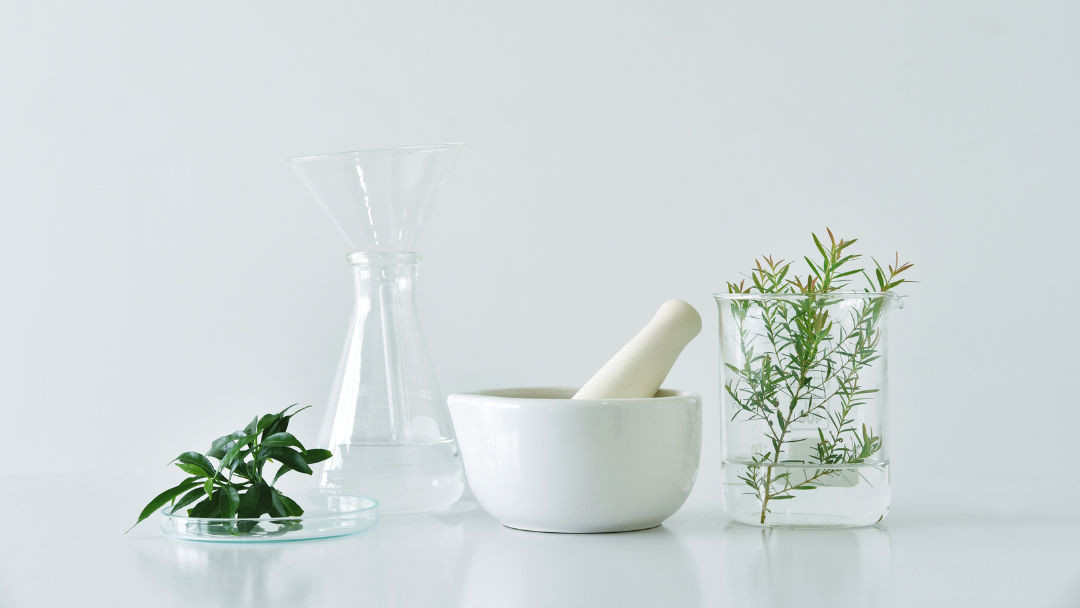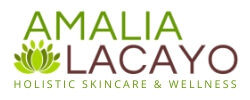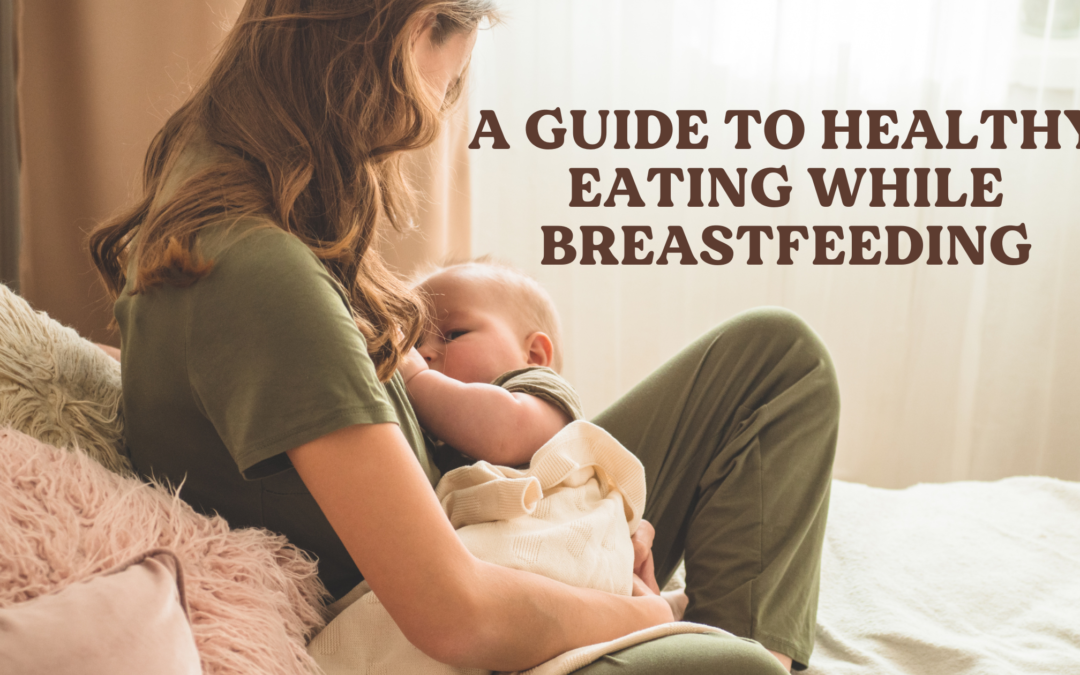As a homeopath with years of experience, I’ve had the privilege of guiding numerous clients through the transition of breastfeeding, offering support and assistance with homeopathic remedies. Throughout my practice, I’ve witnessed the profound impact that nutrition plays in this journey, not only in supporting lactation, but also in ensuring the well-being of both mother and child. In this guide, I’ll draw upon my expertise to explore the role that nutrition plays during breastfeeding, complementing the holistic approach of homeopathy to promote optimal health and vitality for both mother and baby.
1. Stay Hydrated: Drinking plenty of water is key to maintaining milk supply and staying hydrated, especially since breastfeeding can increase fluid needs. Aim to drink at least 8–10 glasses of water per day, and consider keeping a water bottle handy for easy access.
2. Eat Nutrient-Foods: Focus on consuming a variety of nutrient-dense foods to ensure you and your baby are getting the vitamins and minerals you need. Include plenty of fruits, vegetables, whole grains, lean proteins, and healthy fats in your diet.
3. Include Omega-3 Fatty Acids: Omega-3 fatty acids, particularly DHA, are important for your baby’s brain and eye development. Incorporate foods rich in omega-3s, such as fatty fish (salmon, mackerel, sardines), flaxseeds, chia seeds, and walnuts, into your diet regularly.
4. Limit Caffeine and Alcohol: While moderate caffeine intake is generally considered safe while breastfeeding, excessive consumption can lead to irritability and poor sleep in both you and your baby. Similarly, it’s best to avoid or limit alcohol consumption while breastfeeding, as alcohol passes into breast milk and can affect your baby’s development.
6. Avoid Highly Processed Foods: Processed foods high in sugar, salt, and unhealthy fats should be limited in your diet. Instead, opt for whole, minimally processed foods whenever possible to ensure you’re getting the most nutritional value from your meals.
7. Consider vitamin D Supplementation: Breast milk may not always provide sufficient vitamin D for your baby’s needs, especially if you have limited sun exposure. Talk to your healthcare provider about whether you or your baby may need a vitamin D supplement.
Remember, maintaining a healthy diet while breastfeeding is not only beneficial for your baby’s growth and development but also for your own health and well-being. Be sure to listen to your body, prioritize self-care, and consult with a healthcare professional if you have any specific dietary concerns or questions.
Follow us for more tips @amalianaturalskincarewellness

For more information about Homeopathy and Breastfeeding you can book a Discovery Call.

